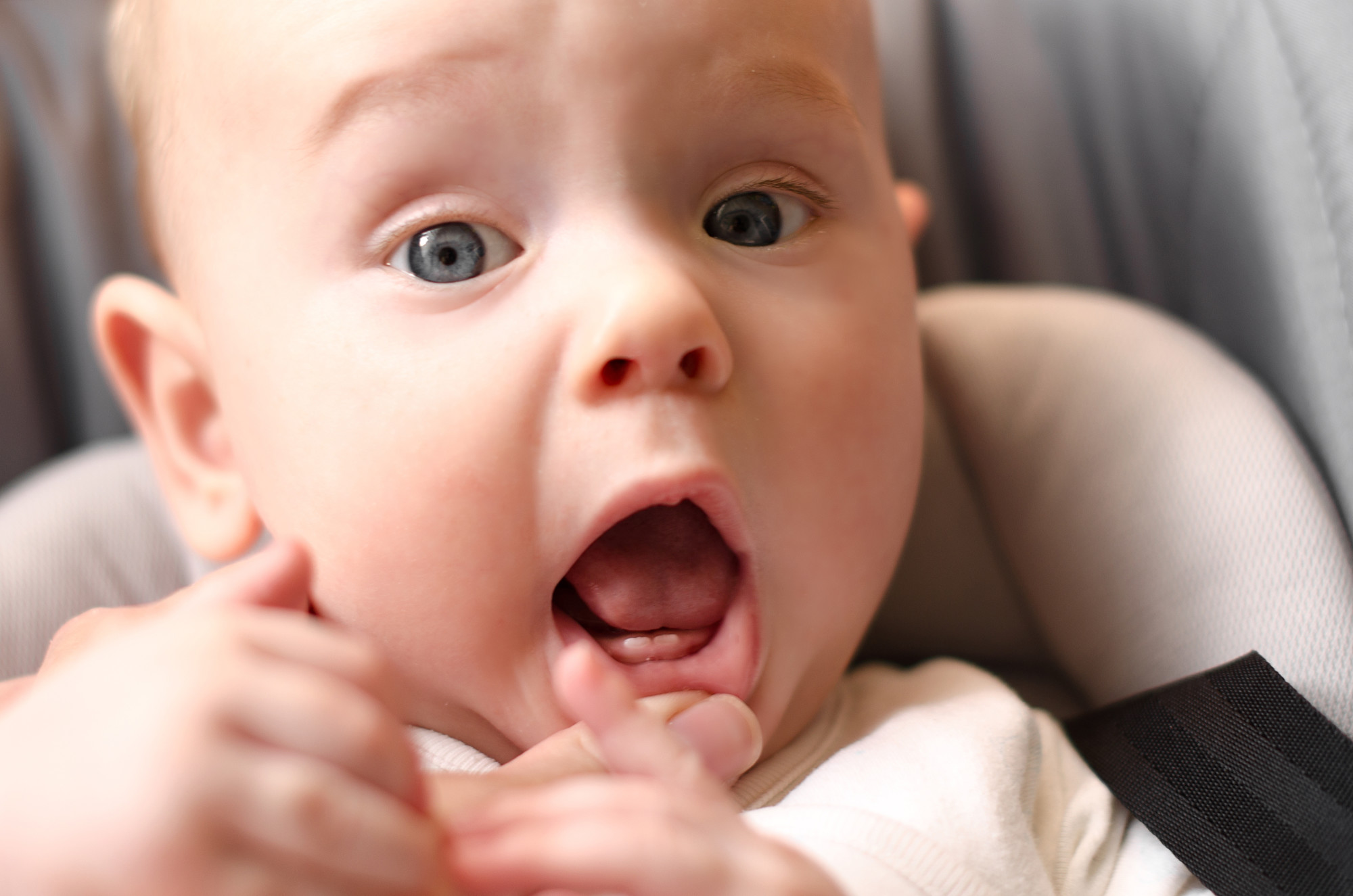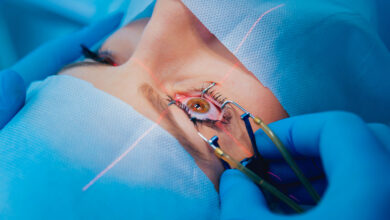The arrival of a baby’s first tooth is an exciting milestone for both parents and the child. It’s a sign that your little one is growing and developing, but it can also come with its fair share of challenges.
As a parent, it’s important to be prepared and well-informed about your baby’s dental health. In this article, we will discuss everything you need to know about your baby’s first tooth and how to take care of it.
When Do Babies Get Their First Tooth?
The timing of a baby’s first tooth eruption can vary widely. On average, most babies get their first tooth between 4 and 7 months of age, but it’s not uncommon for some babies to have their first tooth as early as 3 months or as late as 12 months.
Remember, every child is unique, so try not to compare your baby’s development with others.
Signs of Teething
Signs of teething can vary from baby to baby, and not all babies experience the same symptoms. However, here are some common signs that your baby may be teething:
Increased Drooling
Teething stimulates saliva production, leading to excessive drooling. You may notice your baby’s chin and clothes are often wetter than usual.
Irritability and Fussiness
Teething can cause discomfort and pain in your baby’s gums, leading to increased irritability, fussiness, and general crankiness. They may be more difficult to soothe than usual.
Gum Swelling and Sensitivity
Your baby’s gums may appear swollen, red, and puffy. They may also be more sensitive to touch and pressure.
Chewing on Objects
To relieve the discomfort, babies often have the instinct to chew on objects. They may gnaw on their fingers, toys, or anything within reach.
Difficulty Sleeping
The discomfort of teething can disrupt your baby’s sleep patterns. They may have trouble falling asleep, wake up frequently during the night, or experience shorter naps.
Changes in Appetite
Some babies may experience a decreased appetite during teething due to the discomfort they feel. They may be less interested in feeding or may prefer softer foods.
Mild Fever
While teething doesn’t usually cause a high fever, some babies may have a slightly elevated body temperature.
However, if your baby has a fever higher than 100.4°F (38°C), contact this pediatric dentist or consult a healthcare professional, as it may be unrelated to teething.
How to Soothe Teething Discomfort
Teething discomfort can be challenging for both babies and parents. While it’s not possible to completely eliminate the discomfort, there are several strategies you can try to help soothe your baby’s teething pain:
Gentle Gum Massage
Wash your hands and use a clean finger or a wet gauze pad to massage your baby’s gums gently. Applying light pressure can help relieve the discomfort.
Cold Therapy
Cold temperatures can provide temporary relief. You can offer your baby a chilled teething ring or a clean, chilled (not frozen) washcloth to chew on.
The coldness helps numb the gums and reduce inflammation. Avoid using frozen objects as they can be too harsh on sensitive gums.
Chewing on Safe Objects
Give your baby safe teething toys made of non-toxic materials. Silicone or rubber teething rings, specifically designed for babies, can be soothing for them to chew on. Make sure the toys are clean and free of small parts that can pose a choking hazard.
Cold Foods or Drinks
If your baby has started solid foods, you can offer them cold purees or chilled fruit slices, such as chilled cucumber or watermelon, in a mesh feeder. However, always supervise your baby while they’re eating to prevent choking.
Pain Relief Gels or Medications
Over-the-counter teething gels or medications may provide temporary relief. These products typically contain a local anesthetic or numbing agent that can help alleviate the pain.
However, it’s essential to consult with your pediatrician or healthcare provider before using any medication or gel to ensure it’s safe and appropriate for your baby.
Distraction and Comfort
Sometimes, distracting your baby can help take their mind off the teething discomfort. Engage them in playful activities, sing songs, or cuddle them to provide comfort and reassurance during this challenging time.
Maintain a Calm Environment
Babies can pick up on their parents’ stress and anxiety. Creating a calm and soothing environment can help ease their discomfort. Play soft music, dim the lights, or create a peaceful atmosphere to help your baby relax.
Oral Hygiene for Babies
Even before your baby’s first tooth emerges, it’s important to start practicing good oral hygiene habits. After feedings, gently wipe your baby’s gums with a clean, damp cloth or a soft infant toothbrush to remove any milk residue or bacteria.
Once the first tooth appears, you can start using a tiny smear of fluoride toothpaste, about the size of a grain of rice, to brush their teeth. Gradually, as more baby teeth emerge, increase the amount of toothpaste to a pea-sized dollop.
First Dental Appointment
The American Academy of Pediatric Dentistry recommends that your child should have their first dental appointment by their first birthday or within six months of the eruption of their first tooth. Early dental visits are crucial for preventive care and to establish a positive relationship between your child and their dentist.
During these visits, the dentist will examine your baby’s mouth, discuss oral hygiene practices, and provide guidance on proper nutrition and teething management. Regular dental check-ups are important for monitoring your child’s oral health as they grow.
Introducing Oral Care as a Routine
Establishing a daily oral care routine is crucial for maintaining your baby’s dental health. As your child grows, involve them in the process of brushing their teeth. Make it a fun and interactive experience by singing songs or using colorful toothbrushes.
As they become more independent, allow them to brush their own teeth under your supervision. Remember to replace toothbrushes every three to four months or sooner if the bristles become frayed.
Learn More About Your Baby’s First Tooth Now
Your baby’s first tooth is an exciting time! Parents should be prepared to care for their little one’s teeth with proper dental hygiene. Brushing at least twice daily with a soft infant toothbrush, flossing, and regular dental visits are sure to keep their tiny teeth healthy for many years to come.
Contact your local pediatric dentist at the first sign of a tooth to ensure they receive proper care and guidance.
We have plenty of informative articles available to you throughout our site. Check them out!





